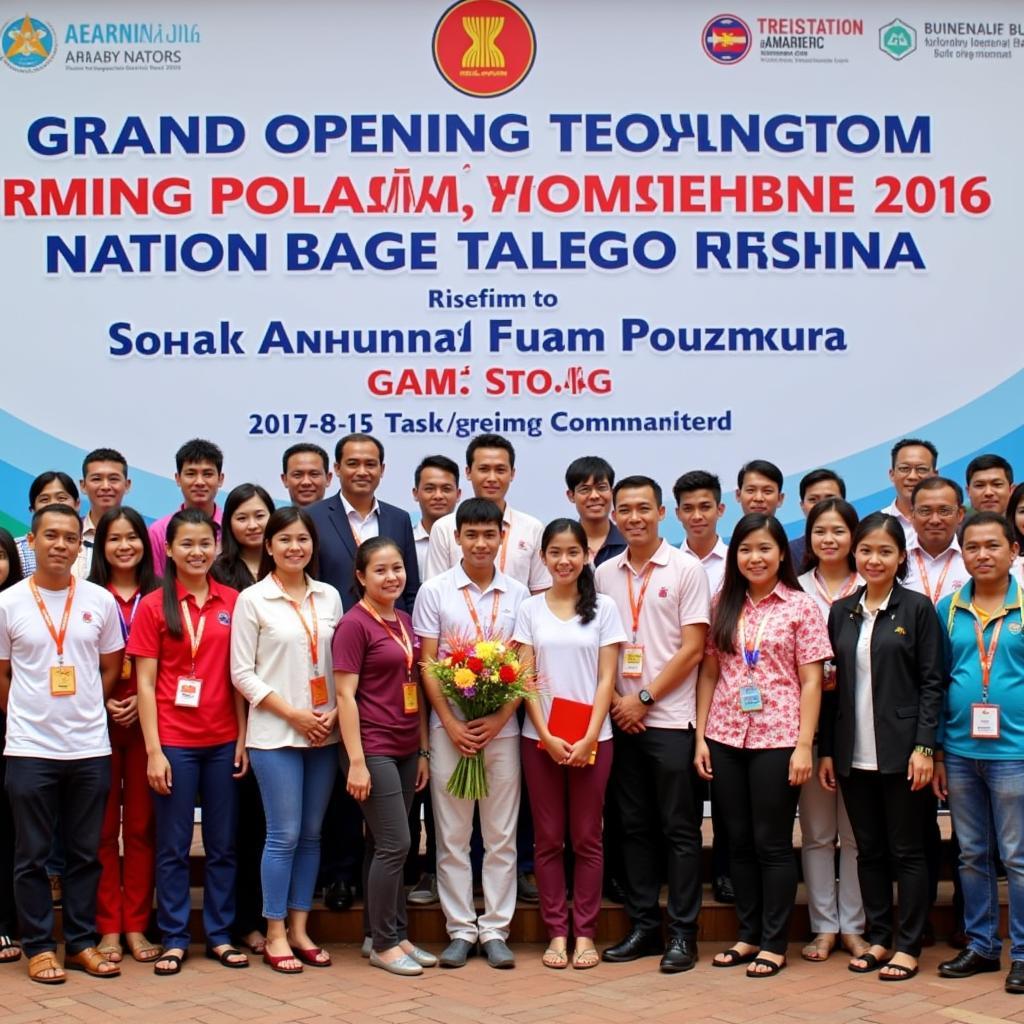The Asea Asbestos Conference 2019 served as a crucial platform for Southeast Asian nations to consolidate their efforts in combating the pervasive threat of asbestos. This silent killer, once lauded for its versatility and affordability, continues to pose significant health risks across the region. The conference brought together experts, policymakers, and advocates to share knowledge, strategies, and best practices in mitigating the dangers of asbestos exposure.
The Urgency of Addressing Asbestos in Southeast Asia
Despite the well-documented health hazards, asbestos remains a prevalent material in many Southeast Asian countries. Its low cost and durability make it an attractive option for construction and industrial applications, particularly in developing economies.
However, the use of asbestos comes at a steep human cost. Prolonged exposure to asbestos fibers can lead to debilitating and fatal diseases such as mesothelioma, lung cancer, and asbestosis. The latency period of these illnesses, often spanning decades, makes it challenging to establish a direct correlation between exposure and disease, further complicating prevention and control measures.
Key Takeaways from the Asean Asbestos Conference 2019
The 2019 conference was instrumental in highlighting the multifaceted challenges and potential solutions regarding asbestos in Southeast Asia. Here are some key takeaways:
-
Strengthening Regional Cooperation: The conference underscored the importance of cross-border collaboration in tackling the asbestos issue. Sharing information, resources, and best practices emerged as crucial aspects of a unified regional approach.
-
Raising Public Awareness: Educating the public, particularly those in construction and related industries, about the dangers of asbestos is paramount. The conference emphasized the need for accessible and culturally sensitive awareness campaigns.
-
Implementing Effective Bans and Regulations: While some Southeast Asian nations have implemented partial or complete bans on asbestos, enforcement remains a significant challenge. The conference urged for stricter regulations, rigorous monitoring, and robust enforcement mechanisms to curtail the illegal trade and use of asbestos.
-
Supporting Victims and their Families: The conference recognized the plight of asbestos victims and their families, advocating for improved healthcare access, social support systems, and compensation mechanisms.
Looking Ahead: Sustaining Momentum in the Fight Against Asbestos
The Asean Asbestos Conference 2019 served as a stark reminder of the enduring threat posed by asbestos. While the conference facilitated crucial dialogue and spurred collaborative efforts, the journey towards an asbestos-free Southeast Asia is far from over.
Sustained commitment from governments, industries, and communities is essential to translate the conference’s recommendations into tangible action. The legacy of the Asean Asbestos Conference 2019 lies in its potential to galvanize a regional movement towards safeguarding the health and well-being of Southeast Asian communities for generations to come.
Frequently Asked Questions
What is the main goal of the Asean Asbestos Conference?
The primary goal is to bring together Southeast Asian nations to collaborate on strategies to eliminate asbestos-related diseases.
Where can I find more information about the Asean Asbestos Conference 2019?
For comprehensive details and resources, please visit the official website of the Asean Media or contact us directly.
What are some resources available for individuals affected by asbestos-related diseases in Southeast Asia?
Asean Media can provide you with a list of organizations and support groups dedicated to assisting those affected by asbestos-related illnesses in the region.
Are there any upcoming events related to asbestos awareness in Southeast Asia?
Please stay tuned to the Asean Media events calendar for updates on future conferences, workshops, and awareness campaigns.
How can I contribute to the fight against asbestos in Southeast Asia?
You can support the cause by raising awareness in your community, advocating for stricter regulations, and supporting organizations working to eliminate asbestos-related diseases.
Need Support?
Contact us at:
Phone: 0369020373
Email: [email protected]
Address: Thôn Ngọc Liễn, Hiệp Hòa, Bắc Giang, Việt Nam
Our dedicated customer support team is available 24/7 to assist you.

